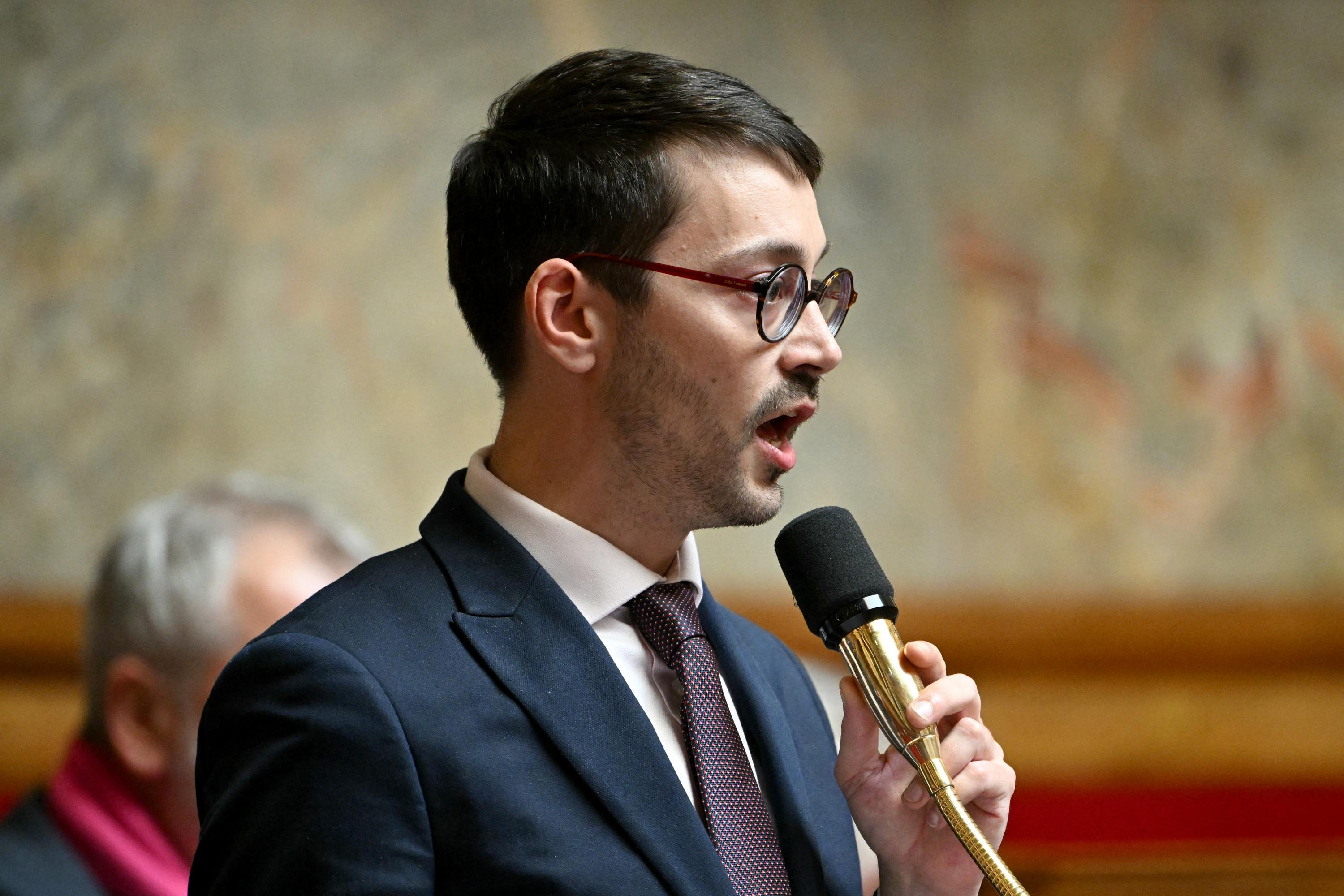Political Reactions Surge Following Sarkozy's Conviction, Legislative Proposals Emerged
Legislative measures responding to Sarkozy's campaign financing conviction seek to tighten electoral finance laws in France.
- • New proposal in National Assembly addresses illegal campaign financing post-Sarkozy's conviction
- • Cash donation limit to be reduced from 150 to 50 euros
- • Mandatory publication of major campaign donors' names
- • Anti-corruption organizations enabled to participate in financing cases
Key details
In the wake of Nicolas Sarkozy's conviction for illegal campaign financing, the French National Assembly is seeing a wave of proposed reforms aimed at overhauling electoral campaign financing laws. The recent sentencing has prompted significant political action, with Ecologist MP Emmanuel Duplessy spearheading a new proposal that seeks to address identified loopholes in current legislation.
The proposed law aims to decrease the limit for cash donations from 150 euros to 50 euros. Moreover, it would ban cash payments to campaign staff and restrict reimbursements for cash payments in campaign expenses. This initiative was sparked by revelations during Sarkozy's trial, where the court struggled to conclusively link his 2007 campaign to funds allegedly provided by the Libyan government, highlighting the need for more stringent financial regulations.
In addition to limiting cash transactions, the legislation would mandate the publication of the names of significant campaign donors, enhancing transparency in political funding. Notably, it empowers the National Commission for Campaign Accounts and Political Financing (CNCCFP) to obtain information from Tracfin, France’s financial crime-fighting agency. Furthermore, the law would permit anti-corruption organizations to intervene as civil parties in instances of illegal financing.
Sarkozy has been sentenced to five years in prison for 'association de malfaiteurs', marking a historic event as he becomes the first former French president to be convicted in such a manner since the establishment of the Fifth Republic. Despite being acquitted on charges of embezzlement and passive corruption, the ruling represents a damaging blow to his political legacy. The reactions from the public and political leaders underscore the sentiment that this conviction may catalyze essential reforms within the French political finance system.
Duplessy acknowledged that the timeline for reviewing the proposal remains uncertain but expressed optimism about its potential discussion during an upcoming cross-party session in the Assembly.
This article was translated and synthesized from French sources, providing English-speaking readers with local perspectives.
Source articles (2)
Source comparison
Nicolas Sarkozy's sentencing
lefigaro.fr
"Nicolas Sarkozy has been sentenced to five years in prison for 'association de malfaiteurs' related to the Libyan financing of his 2007 presidential campaign."
lefigaro.fr
"The court could not conclusively prove that Libyan money was funneled into Sarkozy's 2007 campaign."
Latest news
Pau's Local Election Campaign Gathers Momentum Amid Broader Political and Economic Concerns
French Companies and Regions Accelerate Efforts in Nature-Related Economic Transition
France Heightens Military Readiness Amid Iran Conflict, Pledges Defense Support to Gulf States
Jean-Luc Mélenchon Faces Accusations of Antisemitism Over Joke on Raphaël Glucksmann's Name
Tensions and New Faces Mark the 2026 French Municipal Elections
France Bolsters Military Presence in Gulf Following Iranian Drone Attacks
The top news stories in France
Delivered straight to your inbox each morning.

